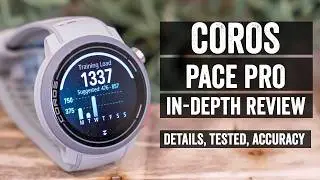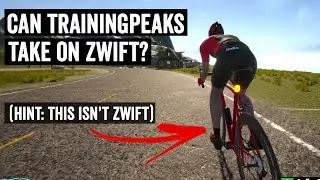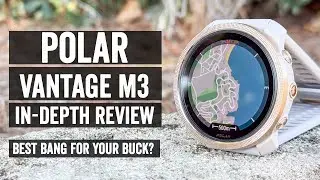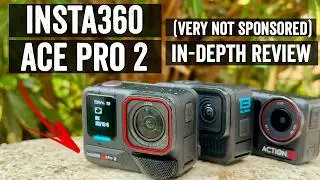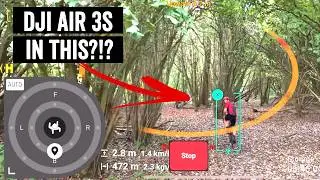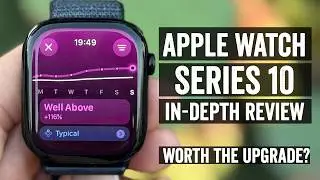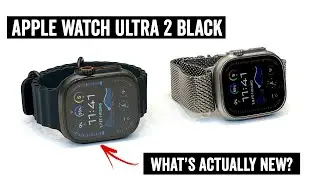Insta360 Ace Pro 2 In-Depth Review: The Good, The Bad, and The Ugly
The Insta360 Ace Pro 2 has both moderate hardware upgrades, and then a number of software upgrades that depend on said new hardware upgrades. Looking at it externally, it’s nearly identical, save a new front microphone piece we’ll get into. First, here’s the straight hardware changes:
New Dual-chip architecture, splitting out tasks into a primary and secondary imaging chipset. Previous unit had a single chipset (that same 5nm chip still exists in the Ace Pro 2, but is now supplemented by a secondary chip, which offloads tasks including denoising, clarity, dynamic range, and more.
Adds built-in removable wind guard, effectively adding wind reduction hardware in addition to more common multi-mic wind reduction algorithms that all cameras do these days.- Increased field of view from 151* to 157*: This makes it barely wider than GoPro (which is 156*), though, GoPro is still has a taller FOV.
Improved minimum focusing distance to ~20-24cm: This was previously roughly 40cm.
Adds support for USB-C microphones, including DJI Mic/Mic 2 and Rode Mics (via connecting transceiver, so sidestepping Bluetooth limitations).
Increased battery size from 1,650mAh to 1,800mAh: This also improves battery life, and the previous gen batteries are backwards compatible.
Slightly improved mount system: This improves the locking mechanism by a tiny bit to ensure better locking by tweaking the mount hooks (technically the last 2 months worth of Ace Pro 1 cameras also had this running manufacturing change). In my opinion, this is far better than DJI’s quick-release which is bi-directional and finicky, but not quite as good as GoPro’s new one (Hero 13 only), which has mounting fingers and tripod built-into the bottom
Increase screen hinge rating from 25,000 opens to 50,000 opens: I’ve never had a problem with this, but napkin math says if you had the camera 4 years, this would be 34 opens per day, at 365 days a year. Which, is about 31 more opens than I use per day.
Increased 8K to 30FPS from 24FPS: Note though, that this is really aimed at static shots (e.g. landscapes), even Insta360 themselves says it’s not awesome for true action shots, due to processing speed limitations which can result in artifacts in high-moving scenarios.
Increased PureVideo (night/low-light mode) to 60FPS from 30FPS: Most action cameras have limited their good low-light modes to 30FPS, so this is a big deal.
Removed manual settings in PureVideo low-light mode: This might matter to some, because they’ve now let that secondary chipset control all PureVideo settings. However, Insta360 notes you can still basically manually recreate those same manual settings in regular modes if you want.- New Endurance Battery Mode for 4K/30: This mode reduces battery burn by 50%, by reducing stabilization and reducing wind reduction. Basically, it’s ideal for less demanding scenarios (e.g. on a tripod indoors).- Added iLog Profile: A log profile to allow you to have more control in color grading. Note though, this is still 8-bit, and not 10-bit color.
Added Timecode sync option to Ace Pro 2: This lets you use a timecode device, or your phone, to sync Timecode amongst multiple Ace Pro 2 cameras.
Added ability to use Insta360 smartphone app in place of GPS watch/device for data overlays to Insta360 footage. Previously this required either Insta360’s accessory GPS device, or, importing in data from an Apple Watch, Garmin device, COROS device, and other compatible devices. For most athletes, the watches will still be easier, but for those without that, it’s a nice option.
Finally, the price is $399USD/449EUR for the camera with a single battery, or $419USD/469EUR for the Ace Pro 2 with two batteries.








